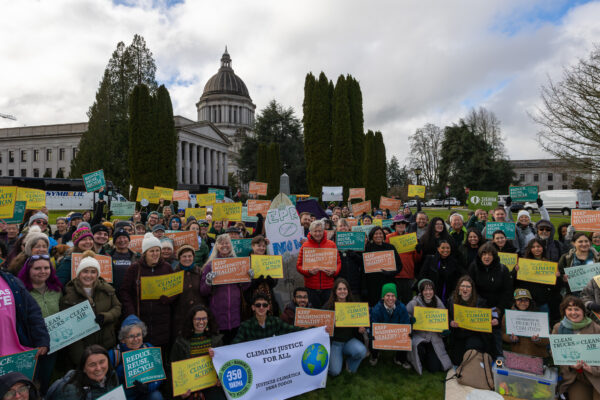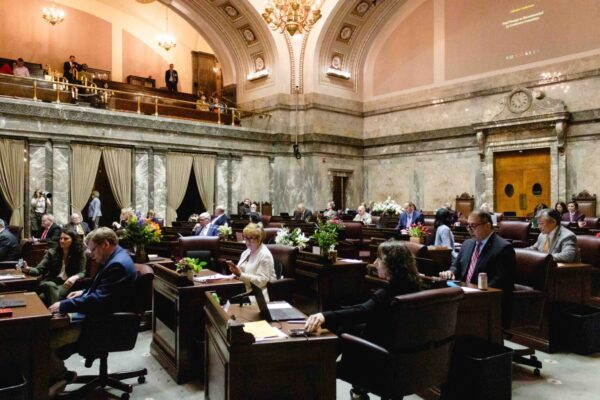Despite decades of success, the future of our state’s toxic cleanup and prevention law is increasingly uncertain due to a historic drop in revenue. We’ve seen roughly $375 million in lost revenue since 2014. In light of this uncertainty, WEC and our partners are working to stabilize revenue for the long term and prioritize funding for the communities most impacted by pollution.
A leader in shaping the next chapter of toxic cleanup is the Mt. Baker Housing Association in Seattle. Through their Gateway Project in Southeast Seattle, the Association is implementing an innovative plan that uses funding from the toxics law to clean up legacy pollution and then build 135 units of urgently needed affordable housing. The site was once home to a gas station and a dry cleaner that released fuel and chemicals and it must be cleaned up before building a new development. The project is the first to utilize a relatively new tool that leverages this state funding for additional public benefit in addition to remediating contamination. In this instance, it is helping a non-profit developer work with a community to provide safe and healthy affordable units near transit and other services.
“We’re really excited to pioneer this innovative model to remediate contaminated sites and create new affordable housing. Not only is this a great opportunity for the Mt. Baker community and Town Center, it opens the door for other non-profit developers to acquire contaminated land in prime locations that they would have never even considered pursuing in years past prior to this cutting edge legislation.”
Conor Hansen, Mt. Baker Housing Association
The Gateway Project is not an anomaly. Properties within cities and towns nearly always have some level of contamination from a past life – gas stations, dry cleaners, industrial facilities. As the population grows and the need for affordable housing intensifies, Washington must work with communities to use new strategies to clean up legacy pollution, keep our families safe from toxic hazards, and provide support to encourage innovation like the Gateway Project.


